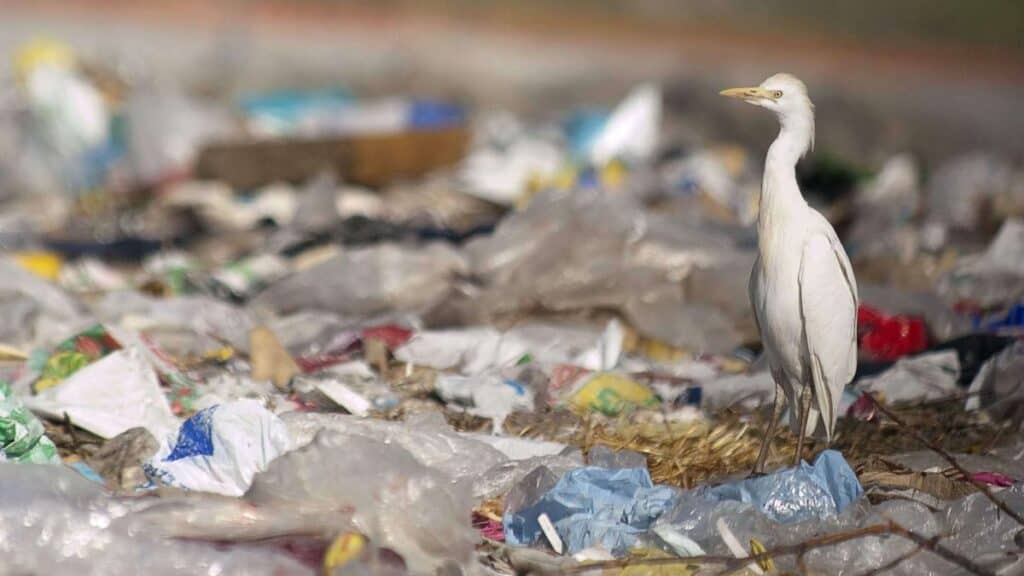With negotiations underway for an international treaty on plastic pollution and World Environment Day just around the corner, experts are calling for urgent action to address the global plastic crisis.
According to David R. Boyd, UN Special Rapporteur on human rights and the environment, and Marcos Orellana, Special Rapporteur on toxics and human rights, plastic production has skyrocketed in recent decades, resulting in a staggering 400 million tonnes of plastic waste generated annually.

The detrimental impact of plastics on the environment and human rights is pervasive throughout the entire lifecycle of these materials. Hazardous substances are released during plastic production, which heavily relies on fossil fuels. Additionally, plastics themselves contain toxic chemicals that pose risks to both humans and nature. Shockingly, approximately 85 percent of single-use plastics end up in landfills or the natural environment.
The experts emphasized that proposed solutions such as incineration and recycling only exacerbate the problem, as they fail to address the underlying issue of plastic pollution. Plastic and microplastics, along with the hazardous substances they carry, have infiltrated our food, water, and even the air we breathe. This widespread contamination has particularly devastating consequences for marginalized communities, who bear the brunt of environmental injustices and are often located in proximity to pollution hotspots such as open-pit mines and coal-fired power stations.
Moreover, plastic pollution has emerged as a significant contributor to climate change, a connection often overlooked. Plastic particles found in oceans hinder the capacity of marine ecosystems to remove greenhouse gases from the atmosphere, exacerbating the climate crisis.
As Special Rapporteurs, Boyd and Orellana derive their mandates from the UN Human Rights Council. They stressed that landmark resolutions recognizing the right to a clean, healthy, and sustainable environment, passed by the Council and the UN General Assembly over the past two years, should guide initiatives to tackle plastic pollution.
The experts also commended the progress made towards an internationally binding treaty to combat plastic pollution, particularly in marine environments. According to the UN Environment Programme (UNEP), if no action is taken, plastic waste entering aquatic ecosystems could reach a staggering 23 to 37 million tonnes per year by 2040.
Negotiations for the treaty are currently underway in Paris, with the second meeting of the Intergovernmental Negotiating Committee on Plastic Pollution (INC-2) set to conclude on Friday. Delegates are working against a deadline to finalize the treaty by 2024. Inger Andersen, the head of UNEP, emphasized that recycling alone cannot solve the plastic crisis, calling for comprehensive strategies including elimination, reduction, transparent practices, and a just transition to sustainable alternatives.
The urgency of the situation demands immediate and concerted action from governments, industries, and individuals alike to address the devastating impact of plastic pollution on the environment, human rights, and the planet’s future.